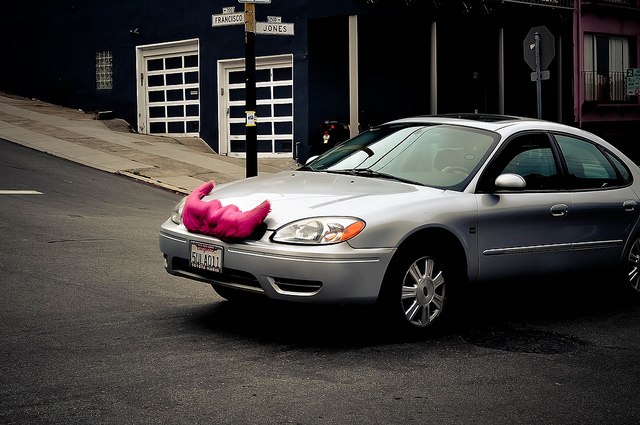In the wake of his passing, I’ve spent a lot of time reflecting on the contributions of my mentor Douglass C. North (Nobel Prize winner in 1993). In the last few months, I have been thinking especially about how we can understand debates about innovations like “Big Box” retail and ridesharing in light of some of his more recent contributions.
In 2009, North and his colleagues John Wallis and Barry Weingast published a book titled Violence and Social Orders: A Conceptual Framework for Interpreting Recorded Human History. North and his coauthors emphasize the importance of open access economic orders in which anyone who wants to can innovate without asking permission. Open access economic orders can be sustained by open access political orders in which political voice has few if any limits.
There is a deep and subtle point here, particularly for those of us who are enthusiasts for free markets. Politics brings with it an enormous amount of baggage, but we can still get relatively efficient policy precisely because access to the political order is relatively unrestricted.
This was evident in debates about chain stores in the 1930s, Big Box retailers over the last few decades, and ridesharing innovations like Uber and Lyft in the last few years. Politicians tried to tax chain stores out of existence in the 1930s, but politically-powerful laborers (who were able to unionize A&P) and farmers (who were able to bring more product to market because of chains) were able to thwart attempts to destroy the chains. In the last few decades, organized opposition to Big Box retailers like Walmart and Costco has, for the most part, been unsuccessful. Some cities have successfully blocked Walmart entry, but just like small manufacturers and artisans did in guild-dominated Europe, Walmart and other Big Box retailers have been able to get around some of the restrictions by locating in the suburbs.
Ridesharing is another interesting example. This has been tried before: a century ago, governments stamped out jitneys at the behest of streetcar companies. Today, governments have been largely unsuccessful in attempts to prohibit ridesharing services like Uber and Lyft. Even in Birmingham, which is as of this writing the largest city in the eastern United States that does not have ridesharing, the President of our City Council–who went on record in July of last year as saying UberX was “what we don’t want”–has recently tweeted that Uber would be operating in the city by Christmas.
Why the about-face? Council has realized that they are working against public opinion; moreover, they have gotten pressure from local businesses who want ridesharing and who have in some cases been embarrassed to tell clients and visitors that ridesharing isn’t an option in Birmingham. Because we have open access to the political order, we are, I hope, only a few weeks away from being able to take an Uber or Lyft to the recently-opened Trader Joe’s.
Working with Douglass North helped me see the many, many shades of gray along the continuum stretching from perfect liberty to totalitarian tyranny. He helped me understand why we get some of the policies we get, and he helped me appreciate the underlying logic of a constellation of imperfect systems that sometimes lead us away from poverty and toward prosperity.



